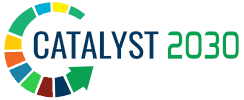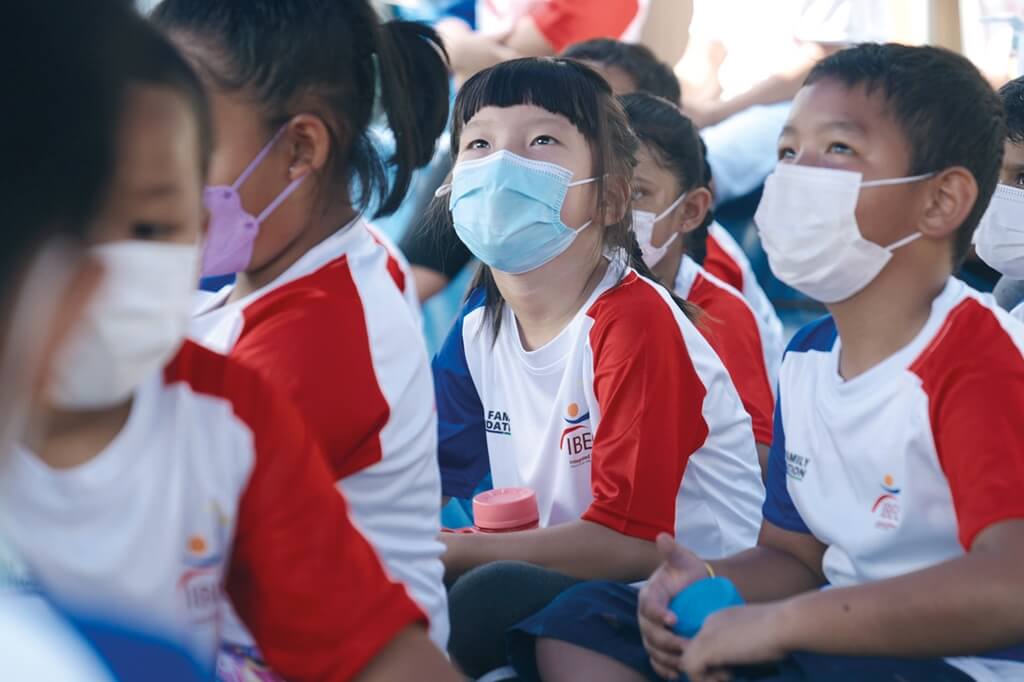
Series One | Story One
Integrated Brilliant Education Ltd
Catalyst 2030 Membership Impact Stories | Series One
This Catalyst 2030 Membership Initiative highlights the impact our members are having at local and regional levels.
Stories from Catalyst 2030 members span the globe, bringing their unique perspectives to life. The purpose behind sharing these stories is two-fold. Firstly, they highlight the positive impact of Catalyst 2030 members’ good work that has ignited transformation and contributed to social change. Secondly, our members’ exemplary practices and distinctive social entrepreneurial insights are showcased to offer a learning opportunity. We will feature Global South and Global North stories every month.
About Series One
Series One focuses on two themes:
- Transforming Literacy Learning Spaces
- Diversity and Inclusion
UNESCO International Literacy Prizes 2022 explores the theme Transforming Literacy Learning Spaces. The recognition of the basic right to education and the need for a critical foundation for independent learning has been given a rising importance. Literacy plays an important role in building just, inclusive and sustainable societies.
Series One of the Catalyst 2030 Membership Impact Stories features social entrepreneurs who have created impactful and transforming literacy learning spaces within their spheres of influence. The first entrepreneur featured is Integrated Brilliant Education Ltd.
Entrepreneurial passion brings transformation to children who face language education marginalisation
Integrated Brilliant Education Ltd (IBEL) was co-founded by two passionate social entrepreneurs, Manoj Dhar and Geetanjali Dhar in 2015. IBEL’s mission is to educate and empower the underprivileged non-Chinese speaking (NCS) children in Hong Kong for a better future.
The challenge and beneficiaries
NCS children attending free local schools struggle with language-based educational exclusion. However, all signs point towards the growing numbers of the NCS children and their potential to play a key role in Hong Kong’s future. Over a period of ten years (2011-2021), non non-Chinese ethnicities in Hong Kong increased from 6.4% to 8.4% of the total population.
NCS children who study in the mainstream free schools struggle to perform well academically. This is because there are insufficient resources to teach them literacy in Chinese, the learning language for many core subjects. As a result, many NCS students find it hard to excel in their studies. This leads to a chain of negative effects, such as self-doubt, exclusion and inequity, constraining their healthy personal development. These negative effects often continue to affect their development as adults.
The transformation
IBEL has brought inspiring transformation to its beneficiaries over the years. The organisation’s conscious effort to create appropriate Chinese language literacy learning spaces has reaped great outcomes at different levels.
NCS ethnicities were clocking up an average annual growth rate of 5.8%, compared to 0.5% for the rest of the population. This has translated into encouraging numbers regarding Hong Kong’s NCS children. School enrolment numbers increased from 30,477 in 2016/17 to 33,036 in 2021/22 across kindergarten, primary and secondary schools. The number of children who sat their school’s final year exams – the Diploma of Secondary Education (DSE) exams – in public and Direct Subsidy Scheme schools rose from 1,186 in 2016/17 to 1,403 in 2020/21. These statistics show that NCS learners are making academic progress and their way to tertiary education in Hong Kong, as a better learning foundation is made available. This can be related to their improved Chinese language learning and academic performance.
At the skill-learning level, NCS children can write, converse and feel confident handling school learning because of the supplementary Chinese learning education IBEL has provided over the past six years. The number of students empowered by IBEL per day has increased to 280. The diversity of children, who have been nurtured, has proliferated across six communities, including Nepalese (76.5%), Pakistani (15%), Indian (5%), Sri Lankan (1.5%), Indonesian (1%) and Filipino (1%) groups. IBEL creates a primary learning literacy space to enhance NCS student’s Chinese language skills. These students can eventually integrate into mainstream schools and interact socially with neighbours.
Beyond learning language skills, students at IBEL are supported on a personal development level. IBEL has created holistic learning spaces, where it teaches students good values through mentoring and involves them in cultural, technological and sports activities. The number of students who participated in extracurricular programmes exceeded 1,000 between 2021-2022.
During the COVID-19 pandemic, from 2020 to 2022, IBEL’s caring support accompanied its students as they developed resilience. The founder regularly sends compassionate and morally supportive messages to students. Learning, as an important aspect of personal development, is not limited by structured classroom activities. To unleash individual potential, learning needs to be integrated with empowerment and relational care that validates learners’ self-worth.
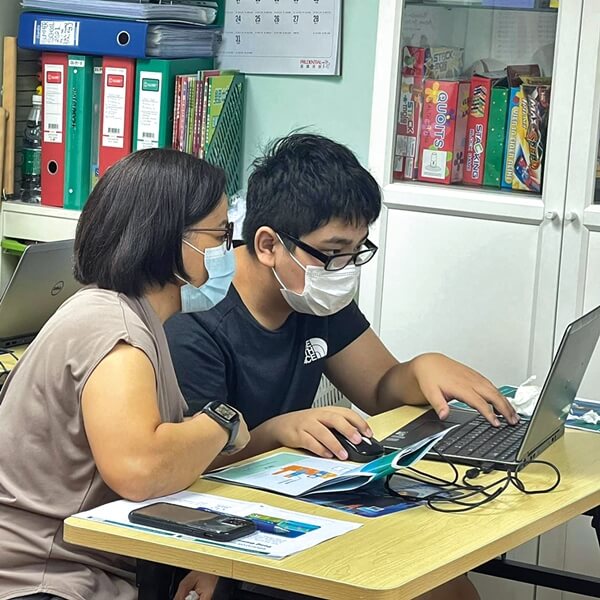
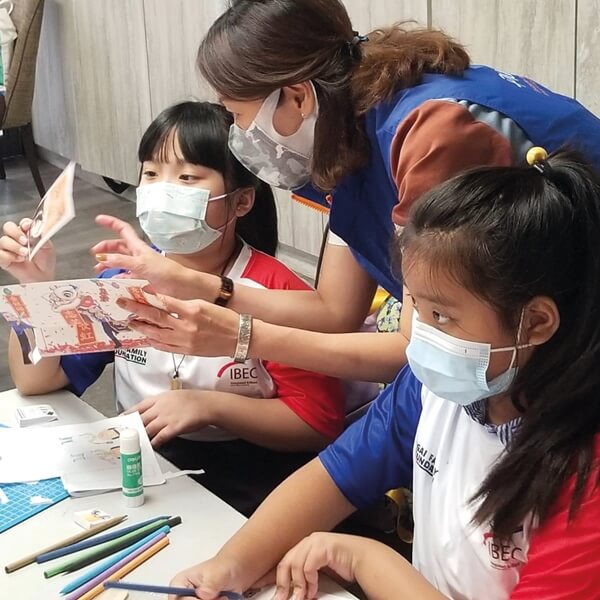
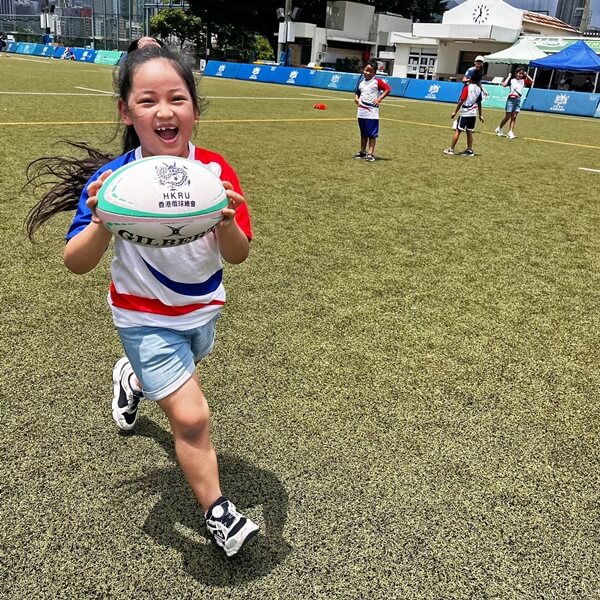
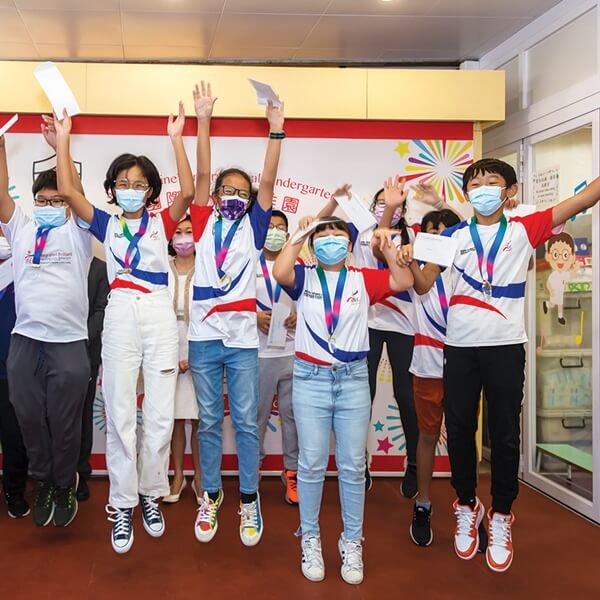
At the society level, the ratio of students who have managed to move up to Band 1 and Band 2 schools are on the rise. In addition, individuals who serve child beneficiaries in this empowerment process are, in turn, empowered. Aspiring educators, who are university graduates, serve at IBEL as core changemakers, building dynamic literacy spaces.
IBEL cultivates values embracing compassion and commitment, that motivate these educators to develop their leadership skills and carve an educational pathway for their future. IBEL has gained support from its board of directors and donors, who not only endorse its meaningful cause but is proud of the incremental transformation the organisation has achieved for local NCS children. IBEL’s good work has had a ripple effect in different circles of Hong Kong society. Its impact ranges from the direct benefit of strengthened Chinese literacy for its child beneficiaries and opportunities to nurture the young generation of future educators, to the opportunity to have joined forces with donors to weave inclusion and diversity into the fabric of Hong Kong society.
A closer look at the intervention offered to children at various stages of learning, further illuminates IBEL’s good work.
The Intervention
IBEL started as a humble operation that provided a supplementary Chinese language learning environment to help fast-track the fluency of non-Chinese children. In 2015 it started with one centre in the Yau Ma Tei district, a preferred catchment area for the families of beneficiary children.
At primary school level, teachers personally nurture each child and help them to handle the educational demands of their schools, which use Chinese (Cantonese) as the medium of instruction. The goal is to support students to excel in Chinese and other subjects, influencing their performance and grade and motivating them to develop self-confidence as a learner. Students in secondary school are offered a holistic approach that supports them in all subjects, including Chinese, liberal studies, mathematics, the sciences, management studies, English and arts.
In 2018, the second centre in Sham Shui Po was opened, boosting the number of children IBEL currently supports daily to 280. In 2023, IBEL aspires to open a free, mainstream Chinese medium of instruction kindergarten / nursery, serving socio-economically marginalised children of non-Chinese and Chinese speaking families. The aim is to provide inclusive and equitable learning opportunities.
IBEL’s founders believe that the solution to any social ill lies in addressing the cause, rather than treating the symptom. The scaling of the IBEL social business is not just evidence of a responsive orientation towards rising needs, but of the authentic leadership and distinctive entrepreneurial practice that keeps IBEL growing.
Social Entrepreneurial Distinctiveness
IBEL’s scaling social business is an archetype of a virtuous heart placed in the competent hands of social entrepreneurs. Its distinctiveness is highlighted for good reference.
Scaling opportunities starts by creating opportunities for beneficiaries
Manoj and Geetanjali never stop looking for opportunities for students to enjoy holistic personal development, before seeking opportunities to grow their business. Boosting the Chinese fluency of NCS children, who mainly come from disadvantaged families, is not purely about skills development, it also requires a strong undertaking to boost children’s self-development.
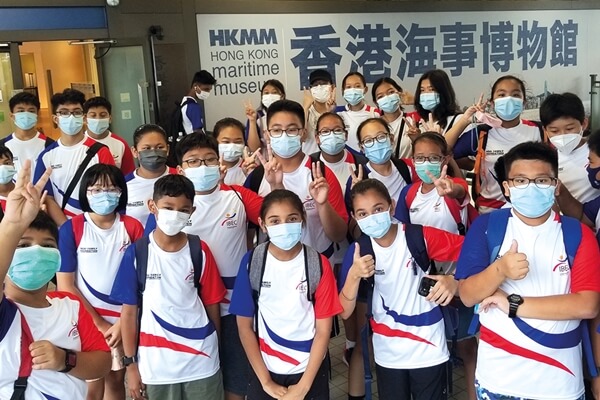
Opportunities are created when learning spaces are opened beyond the four walls of the classroom, via IBEL’s Social Impact Programme. The programme includes experiential, educational visits to rugby and soccer grounds, cultural and game programmes and dialogues and exchanges with the Hong Kong community. Entering these social spaces allows each child to thrive and live a fuller life. Such inclusion, which facilitates integration and immersion, is most effective. The growth of these children then becomes the reason for more children to learn at its centres and so this creates the opportunity for IBEL to scale up.
Building resilience with its beneficiaries
COVID-19 created fear and barriers to social interaction. The challenges Hong Kong has faced since early 2020 outstrips those of most other economies and states. Life in Hong Kong, especially for school going children, was disrupted initially in 2019 because of social unrest. The COVID-19 pandemic further interrupted schooling.
When online learning took precedence, already ‘language marginalised’ children suffered due to the change in learning mode. This created wider learning gaps and educational poverty. During these months, IBEL exhibited resilience and commitment to its beneficiary children, keeping its two learning centres fully operational. Children accessed the centres and sustained their motivation to learn. IBEL remained resolute, supporting parents and upskilling them to better support their children’s learning at home, while schools remained closed for months.
Collaborative leadership and innovation
Despite the difficult times COVID-19 imposed on the organisation from 2020-2022, IBEL has maintained 100% staff retention, without any lay-offs. IBEL’s collective team spirit has been transformed into a tour de force for consistent enhancement and innovation.
The exemplary IBEL education model for NCS students is now being sought after by non-government organisations (NGOs) to use as their learning role model. IBEL has set up an advisory board that offers advice to NGOs on educational expertise, mentoring skills and its approach to building resilience in children.
In addition, IBEL’s team is creating a series of Chinese vocabulary booklets with audio support enabling students to practice at school or at home. This is a student- centred tool to facilitate learning whenever and wherever they like.
Spreading the IBEL stories and receiving recognition
Apart from exercising his leadership running the IBEL operation, Manoj is also an ardent communicator who is sharing IBEL’s stories in various media and platforms. Over the years, IBEL has received several awards. Manoj was crowned Champion among a host of seasoned and well-established 20+ NGOs of Hong Kong for creating impact. In August 2022, the Chief Executive of the Government of the Hong Kong SAR presented Manoj with the Excellence Award.
IBEL’S Sustainable Development Goal (SDG) pursuit
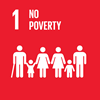
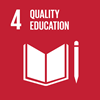
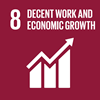
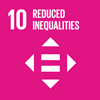
IBEL is addressing SDG 4 Quality Education. The organisation’s transformational outcomes have also led to ‘reduced inequality’ (SDG 10) and decent work and economic growth (SDG 8). It’s long-term impact is to eradicate poverty (SDG 1).
IBEL is transforming the potential futures of NCS children by creating a new language learning space in Hong Kong. The systemic change that IBEL has instigated has created an upward, spiralling effect. More children are benefiting from IBEL. The IBEL learning model is an effective one that has combined professionalism with an enormous amount of care and love.
IBEL social media platforms
- https://www.facebook.com/ibelhk.org
- https://www.linkedin.com/company/ibelhk
- https://www.instagram.com/ibeducation
IBEL in the media
- Integrated brilliant Education using rugby to promote integration and inclusivity (rugbyasia247.com)
- ‘Give me the opportunity’: have Hong Kong’s society and schools failed ethnic minority students? (South China Morning Post)
